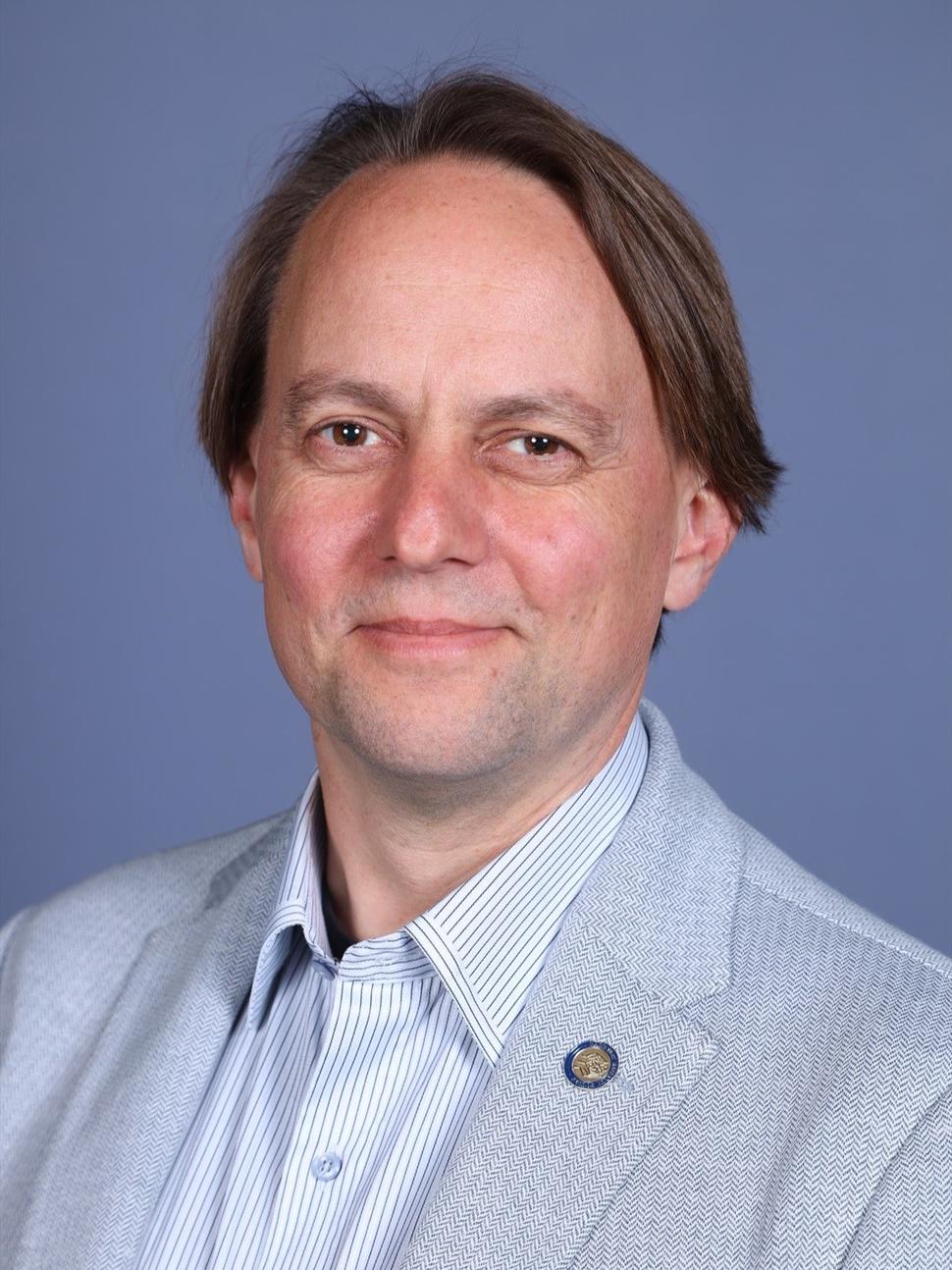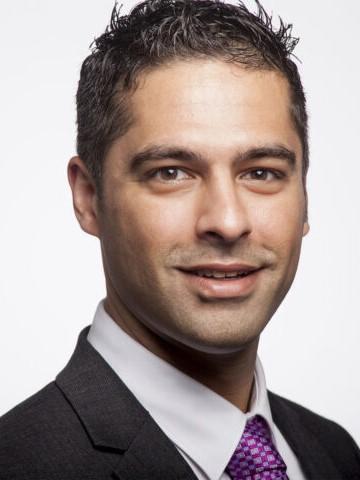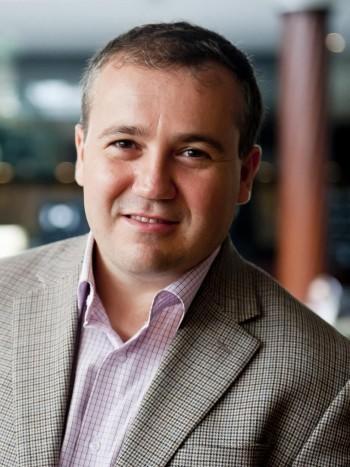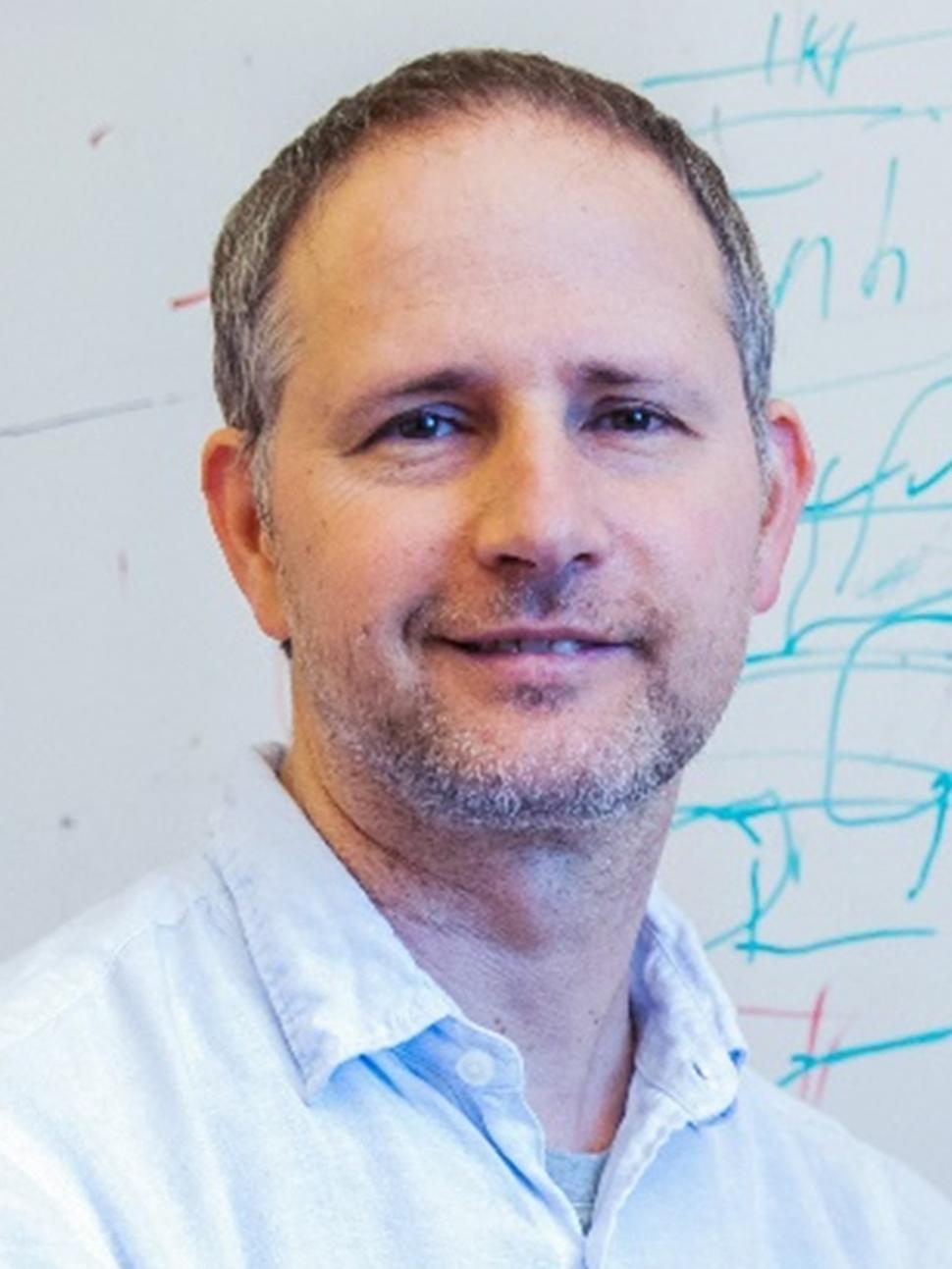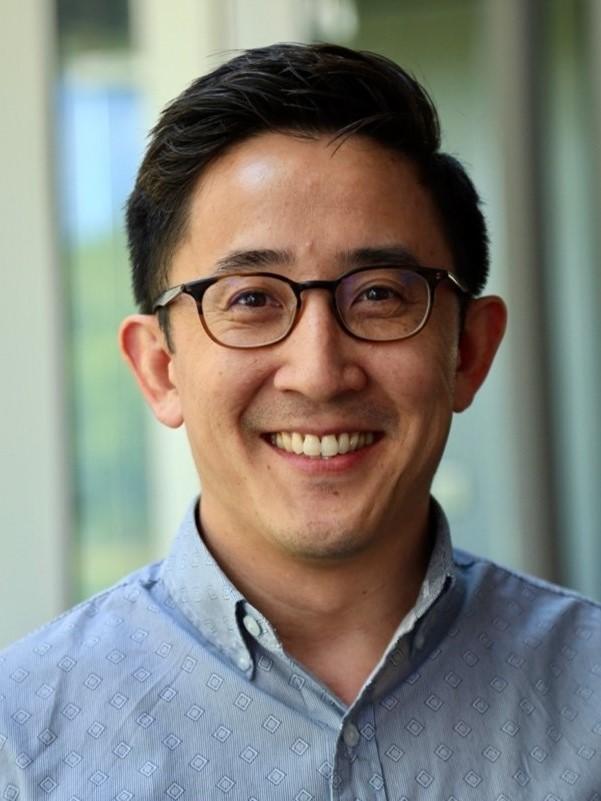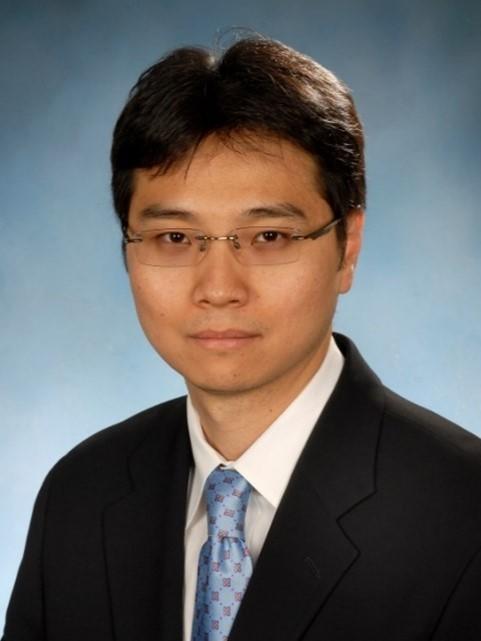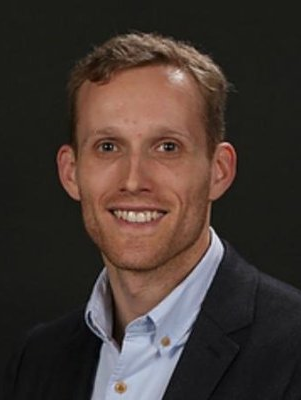Dr. Jan Schuemann - "Understanding Radiation Effects with Multi-scale Computer Simulations using TOPAS and TOPAS-nBio"
Dr. Jan Schuemann is an Associate Professor in the department of Radiation Oncology at Massachusetts General Hospital and Harvard Medical School. Dr. Schuemann is the Head of the Multi-Scale Monte Carlo Modeling Lab. Dr. Schuemann’s research has been funded by grants from NIH/NCI and foundations, resulting in over 100 manuscripts in the field of Medical Physics. His work has been recognized awards such as the Michael Fry Award from the Radiation Research Society (RRS), for which he recently has been the president.
Dr. Schuemann’s research focuses on understanding mechanisms of radiation effects from first principles. He is the PI of the TOPAS-nBio project, a nanometer scale extension of the widely used TOPAS Monte Carlo system. TOPAS-nBio simulates the physical and chemical DNA damage induction in cells after radiation exposure and the following repair kinetics. Dr. Schuemann’s lab applies these mechanistic models in the design and analysis of experiments, including detector studies, chemistry, and biology experiments to investigate effects of nanoparticles, and radiopharmaceuticals. He currently also leads the MGH efforts investigating the potential in vivo healthy tissue sparing effects for ultra-high dose rate irradiations (FLASH).
Dr. Schuemann presented at the Technology Development Seminar on December 1, 2025.
Dr. Mekhail Anwar - "Bringing the Lab Inside the Patient: Integrated Circuit-Based Platforms for Surgery, Immunotherapy, and Theranostics"
Dr. Anwar received his BA in Physics from UC Berkeley, his PhD in Electrical Engineering and Computer Sciences from MIT, and his MD from UCSF, where he also completed his clinical training in Radiation Oncology.
As a physician-scientist, he integrates his clinical practice with a background in bioengineering and integrated circuit design. His research is centered on developing new approaches to guide cancer therapy at the cellular level using novel technology platforms that effectively place the physician inside the patient, providing heretofore unattainable insight into complex biology in vivo. Key to these efforts is the introduction of integrated circuits to biological detection and moving beyond electrical interfaces to communicate with molecules and cells - the fundamental drivers of tissue response. His research program focuses on developing new technology platforms for cancer imaging, in-vivo sensing, and theranostics.
Dr. Anwar's research includes developing chip-scale imagers to guide surgery with greater precision. He is the principal investigator for an ARPA-H award to advance his VISION imaging platform into the clinic. Supported by an NIH DP2 New Innovator Award, his lab develops circuit-based implants to visualize tumor response to immunotherapy in real-time. His work in personalized dosimetry has been recognized with a Department of Defense Idea Development Award, and he serves as a co-chair for a national clinical trial in theranostics. His research has been funded by the NIH, DOD, and NSF.
Dr. Anwar presented at the Technology Development Seminar on September 8, 2025.
Dr. Utkan Demirci - "Impacting Medicine with Microfluidics & Nanotechnology: Advancing Diagnostics and Medicine"
Dr. Utkan Demirci, MS EE, MS&E, PhD (Stanford ’01, ’05, ’05; UofM ’99, summa cum laude) is a tenured Professor of Radiology and, by courtesy, of Electrical Engineering, at Stanford University. He leads Stanford's Bio-Acoustic MEMS in Medicine (BAMM) Lab. Before joining Stanford in 2014, he served as an Associate Professor at the Brigham and Women’s Hospital and Harvard Medical School. He was also a part of the Harvard-MIT Health Sciences and Technology (HST) division. In 2024, he was a visiting professor in Prof. Bob Langer’s lab at the MIT Koch Institute and in Prof. Joseph Bonventre’s lab at Brigham and Women’s Hospital. He was also a visiting fellow commoner at Trinity College, University of Cambridge, in 2024–25.
Dr. Demirci’s lab focuses on developing translational technologies at the intersection of microfluidics, biosensing, photonics, and smart robotics to address clinical challenge. These challenges range from rare cell and extracellular vesicle sorting to point-of-care diagnostics. His innovations include FDA-approved and CE-certified microfluidic sperm sorting devices that have been used in over 500,000 clinical cases across more than 1,000 IVF clinics worldwide. He has published over 250 peer-reviewed articles and 24 book chapters. Dr. Demirci holds 15 patents — 11 of which have been commercialized — with several startups founded around these technologies. He is a Fellow of the American Institute for Medical and Biological Engineering (AIMBE) and the Academy for Radiology and Biomedical Imaging Research, where he also serves as a board member and Chair of AIMBE’s Industry Council.
Dr. Demirci presented at the Technology Development Seminar on May 29, 2025.
Dr. Scott Manalis - "Measuring Single-cell Mass: Biological Insights and Clinical Translation"
Dr. Scott Manalis earned his Bachelor's degree from University of California, Santa Barbara in 1994 and his Ph.D. from Stanford University in 1998. He joined the faculty at MIT in 1999 and is currently the David H. Koch (1962) Professor in Engineering at MIT with faculty appointments in the biological and mechanical engineering departments. He is the associate department head of the biological engineering department and a member of the Koch Institute for Integrative Cancer Research and MIT’s Center for Precision Cancer Research.
His lab developed the suspended microchannel resonator (SMR) technique, which weighs individual cells to a precision better than one part in 1,000. His contributions span several key areas, including: (1) advancing of the SMR for measuring single-cell density and stiffness, (2) exploring the biophysical properties of cells, particularly in relation to cancer biology and antibiotic resistance, (3) applying these technologies to real-world problems, including the development of novel diagnostic and therapeutic approaches.
Dr. Manalis is co-founder of Travera, a company that provides therapy guidance to patients by weighing their tumor cells in a CLIA certified lab, and Affinity Biosensors, which recently received 510(k) clearance from the FDA for a rapid antibiotic susceptibility test based on cell mass.
Dr. Manalis presented at the Technology Development Seminar on April 23, 2025.
Dr. Nadav Ahituv - "Functional Characterization, Diagnostics, and Therapeutic Targeting of Cancer-Associated Gene Regulatory Elements"
Dr. Nadav Ahituv is the director for the Institute for Human Genetics and a professor in the Department of Bioengineering and Therapeutic Sciences at the University of California, San Francisco. He earned his B.Sc. in biology and his Ph.D. in human genetics from Tel-Aviv University in Israel and completed his postdoc in genomics at the Lawrence Berkeley National Laboratory in California.
Dr. Ahituv’s research is focused on uncovering how variations in gene regulatory elements influence human phenotypes and diseases. His group uses various genomic technologies including single-cell technologies and massively parallel functional assays to explore novel cancer therapies, obesity genetics and neurodevelopmental disorders. His innovative work bridges fundamental genomic discoveries with therapeutic applications, making a significant impact on precision medicine.
Dr. Ahituv was recently honored with the Scientific Achievement Award from the American Society of Human Genetics, and has authored numerous publications in prestigious journals including Science and Nature Metabolism.
Dr. Ahituv presented at the Technology Development Seminar on March 7, 2025.
Dr. Gabe A. Kwong - "Bioengineering Synthetic Biomarkers for Earlier Cancer Detection"
Dr. Gabe Kwong is an Associate Professor in the Wallace H. Coulter Department of Biomedical Engineering at Georgia Tech and Emory University. He earned his B.S. from UC Berkeley and his Ph.D. from Caltech both in Bioengineering. His research program is centered at the interface of bioengineering, immunology and medicine. His group pioneers cell therapies and biosensors to address frontier challenges in cancer, transplantation medicine, and infectious diseases.
Among his distinctions, Dr. Kwong is a recipient of the NIH Director's New Innovator and Pioneer Awards, and currently leads the $49.5 million Cancer and Organ Degradome Atlas (CODA) project, a multi-institutional research enterprise supported by The Advanced research Projects Agency for health (ARPA-H) to revolutionize multi-cancer early detection. Dr. Kwong co-founded two biotechnology companies, and holds over 35 issued or pending patents.
Dr. Kwong presented at the Technology Development Seminar on November 21, 2024.
Dr. Anthony Kim - "Development of targeted nanotherapeutics for primary and metastatic cancers"
Dr. Anthony Kim is a Professor (Tenured) of Neurosurgery, Pharmacology, and Bioengineering at the University of Maryland School of Medicine. Dr. Kim received his undergraduate degree in Chemical Engineering at Pennsylvania State University and Ph.D. from the University of Pennsylvania in the Department of Chemical and Biomolecular Engineering. He then completed his postdoctoral training as an individual NIH F32 National Research Service Award (NRSA) postdoctoral fellow at the University of Pennsylvania and Johns Hopkins University School of Medicine. Dr. Kim joined the faculty of the University of Maryland School of Medicine as a Tenure-track Assistant Professor in April 2013.
As Director of the Nanotherapeutics Laboratory and Co-Director of the Translational Therapeutics Research Group (TTRG), Dr. Kim's research focuses on developing translational nanomedicine for brain, breast, and other cancers. This is achieved through a collaborative team of engineers, basic scientists, and clinicians to spur innovation at the interface of biomedical engineering and clinical medicine. Towards this goal, his team will (1) identify and characterize the rate-limiting extra- and intracellular barriers by applying innovative biophysical tools, and (2) develop advanced therapeutic platforms that overcome these barriers to improve therapeutic outcomes. Dr. Kim has authored ~60 peer-reviewed papers, including publications in Science, Nature Materials, ACS Nano, Science Advances, Journal of the American Chemical Society, Angewandte Chemie, Physical Review Letters, and Biomaterials. His research program has been supported by the National Institutes of Health (NIH), U.S. Department of Veterans Affairs (VA), National Science Foundation (NSF), American Cancer Society (ACS), Elsa U. Pardee Foundation, AAPS Foundation, PhRMA Foundation, TEDCO, and others.
Dr. Kim presented at the Technology Development Seminar on August 22, 2024.
Dr. Oliver Jonas - "Implantable microdevices (IMD) to measure multiple drug responses and guide treatment decisions in cancer patients"
Dr. Oliver Jonas, Ph.D. is Director of the Laboratory for Bio-Micro-Devices at Brigham & Women’s Hospital, and Associate Professor at Harvard Medical School with appointment in the Departments of Radiology.
Dr. Jonas’ research focuses on new technologies for precision medicine, such as microscale implantable drug delivery and sensing devices, miniaturized biomedical optics, and in situ drug response measurements in tumors.
Dr. Jonas also focuses on the translational application of his technologies, including early stage clinical trials.
Dr. Jonas presented at the Technology Development Seminar on May 7, 2024.
